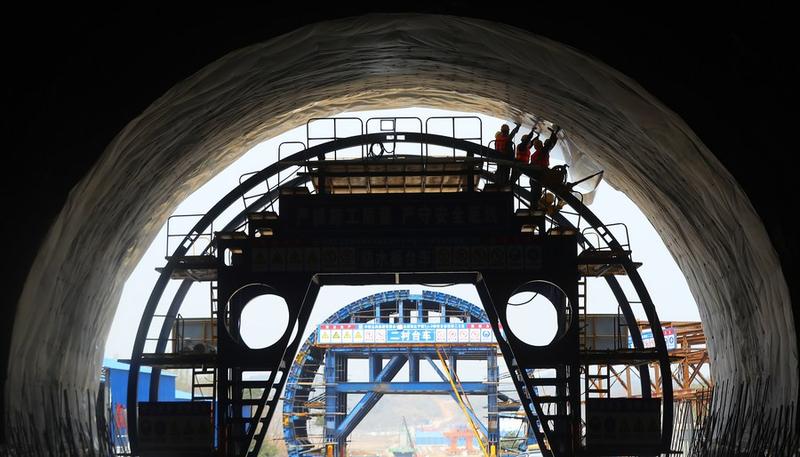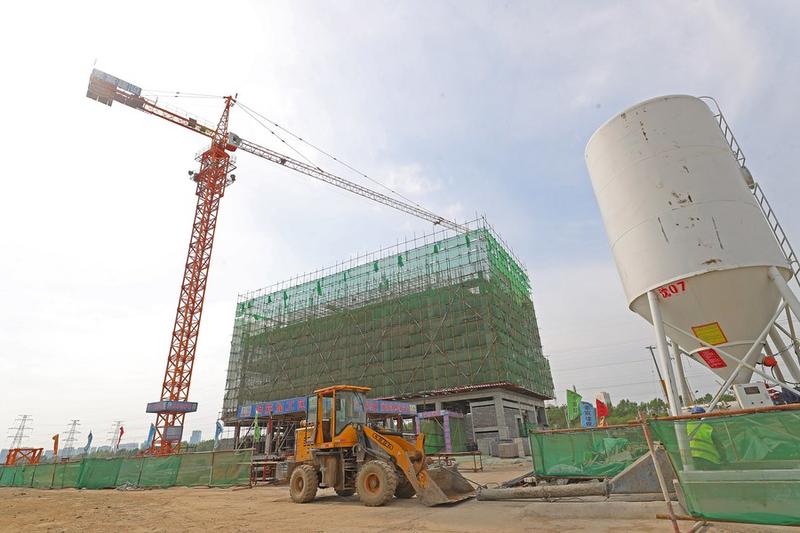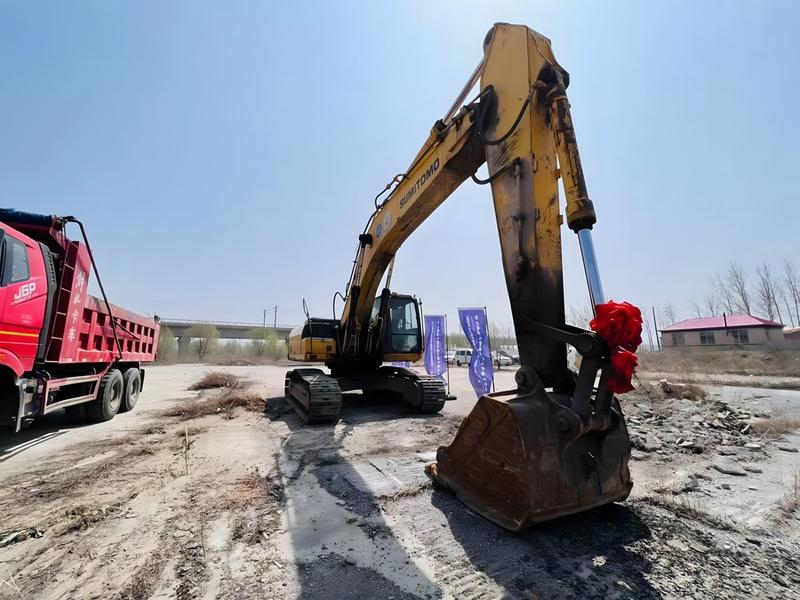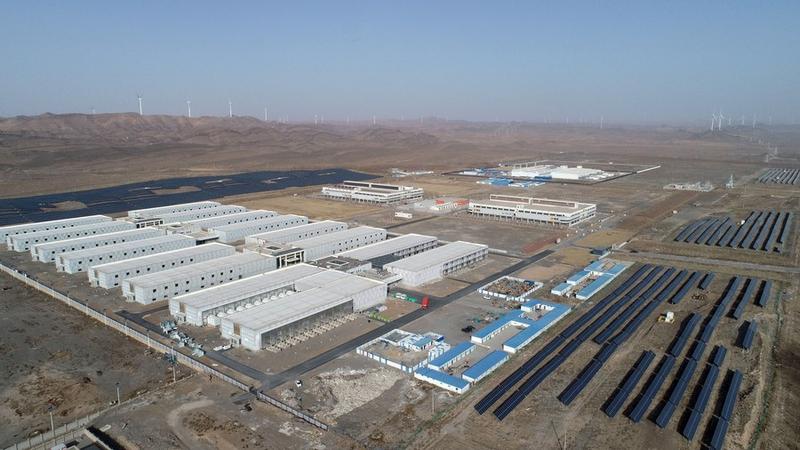


Eyeing infrastructure as a pillar for economic and social development, China's central authorities have vowed to build a modern infrastructure system and strengthen infrastructure construction in an all-around way.
Comprehensively strengthening infrastructure construction is of great significance to ensuring national security, smoothing domestic circulation, facilitating the "dual circulation" of domestic and overseas markets, expanding domestic demand and promoting high-quality development, according to a meeting of the Central Committee for Financial and Economic Affairs held last month.
Economists believe that China's efforts in infrastructure development will inject new impetus for the country to achieve its economic growth target, and the modern infrastructure system will invigorate China's high-quality development in the long run.
Despite the resurgence of COVID-19 infections, China's investment in infrastructure construction rose 8.5 percent year on year in the first quarter of this year.
During the same period, China's fixed-asset investment in road and waterway infrastructure jumped 11.4 percent year on year to 512 billion yuan (about 76 billion U.S. dollars), according to data from the Ministry of Transport.

Builders work at the construction site of a tunnel, which is a part of a high-speed railway linking Shenyang with the Changbai Mountains, in northeast China's Liaoning Province, April 20, 2022. (Xinhua/Yang Qing)
Since the beginning of the second quarter, a host of infrastructure projects have commenced across the country. Among them are 45 projects worth 29.2 billion yuan in east China's Fujian Province and 54 projects worth 32.1 billion yuan in Wuhan of central China's Hubei Province.
In addition to traditional infrastructure projects such as water conservancy and transportation facilities, the construction of modern infrastructure such as 5G and big data centers and the construction of green energy systems have become new highlights of the current infrastructure layout, said Xu Hongcai, an economist with the China Association of Policy Science.
"Traditional and modern infrastructure systems will jointly energize China's economic restructuring," Xu added.

The construction site of an artificial intelligence center is seen in Shenyang, northeast China's Liaoning Province, April 29, 2022. (Xinhua/Yang Qing)
China has been working on an integrated big data system across the country, which involves eight national computing hubs and 10 national data center clusters, the National Development and Reform Commission, the top economic planner, said in February.
"The country's move to channel more computing resources from the eastern areas to the less developed western regions offers a huge opportunity for enterprises," said Yu Junfang, deputy general manager with the local branch of China Unicom in southwest China's Guizhou Province, home to one of China's computing hubs.
Yu added the company will speed up the construction of data center projects, and strengthen the connection between the Guizhou computing hub and other computing hubs.
On April 26, China Huaneng Group, a major state-owned power company, started the construction on seven large-scale offshore wind power projects in northeast China's Liaoning Province, with a total investment of more than 14 billion yuan. The power generation capacity is expected to reach 1.7 million kilowatts.
Shu Yinbiao, chairman of China Huaneng Group, said the total investment in new energy projects launched by the company in the first half of 2022 will reach 90 billion yuan.

Photo taken on April 26, 2022 shows an offshore wind power project of China Huaneng Group in Yingkou, northeast China's Liaoning Province. (Xinhua)
During the first three months of the year, some 81,000 5G base stations were built across the country, bringing the total to over 1.5 million, official data showed.
"Infrastructure construction plays a supporting role in promoting national and local high-quality economic development," said Yang Delong, chief economist with First Seafront Fund.
Projects that boost industrial development, such as new energy, smart power grids, cloud computing and smart roads, will benefit the public in the long run and lay a solid foundation for basically achieving socialist modernization by 2035, Yang added.

Aerial photo taken on March 1, 2022 shows a cloud computing base in Zhongwei City, northwest China's Ningxia Hui Autonomous Region. (Xinhua/Wang Peng)
According to this year's government work report, the country plans to issue a total of 3.65 trillion yuan of special-purpose local government bonds in 2022, and launch the construction of an array of major projects, modern infrastructure and renovation of old public facilities.
China has signaled that infrastructure construction investment will play a significant role in expanding domestic demand, promoting circulation and stabilizing growth, said Liang Qidong, vice president of the Liaoning Academy of Social Sciences.
For 2022, China's policymakers set the full-year economic growth target at around 5.5 percent, while the country's GDP grew 4.8 percent year on year in the first three months.
Wang Qing, analyst with Golden Credit Rating, forecast that the growth rate of infrastructure investment will rise in the second quarter, further bolstering China's future economic growth.
